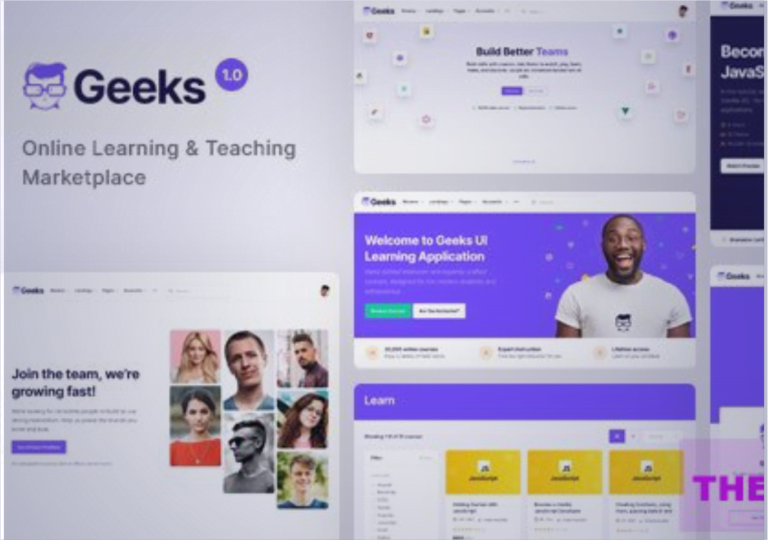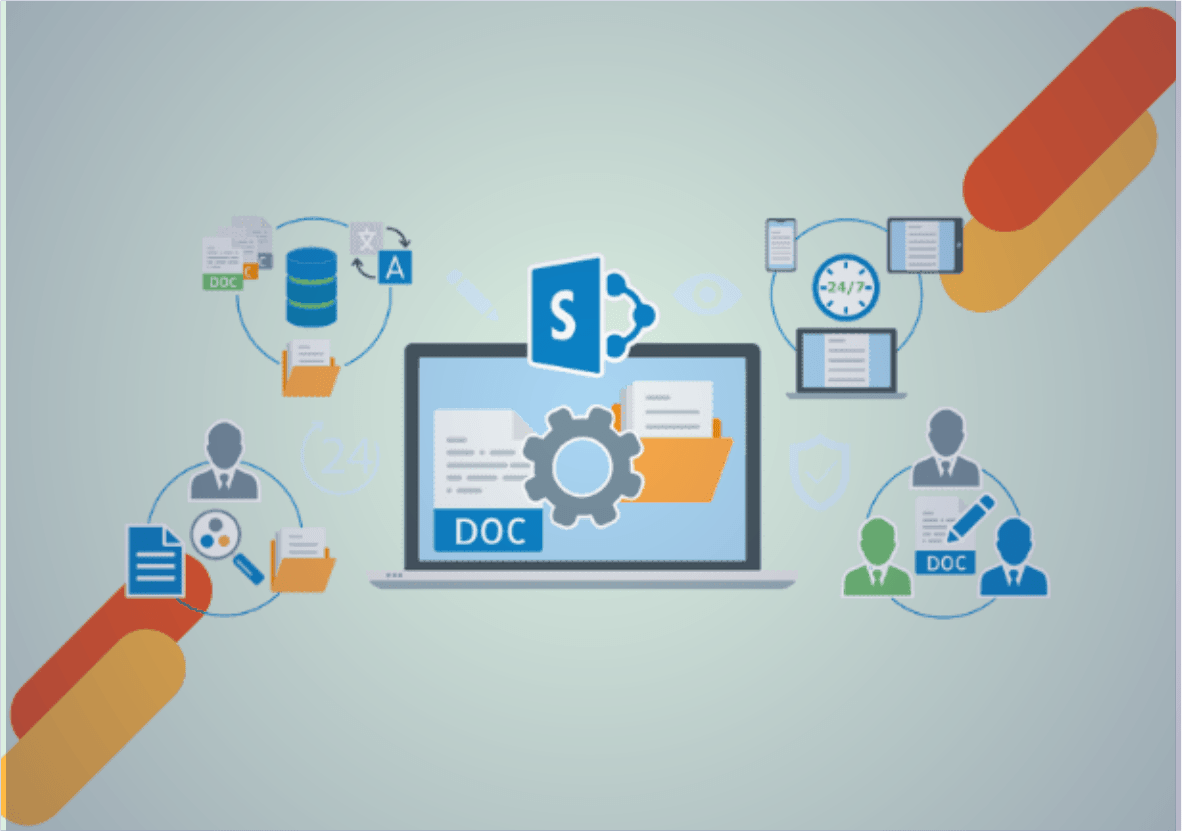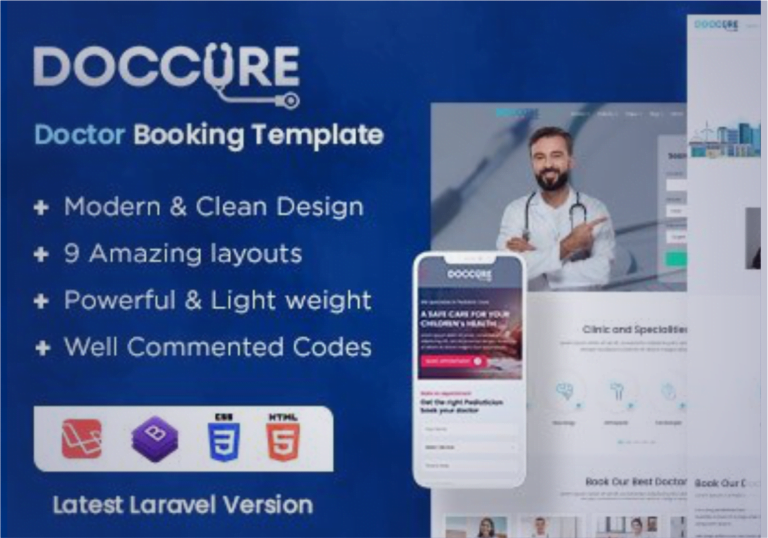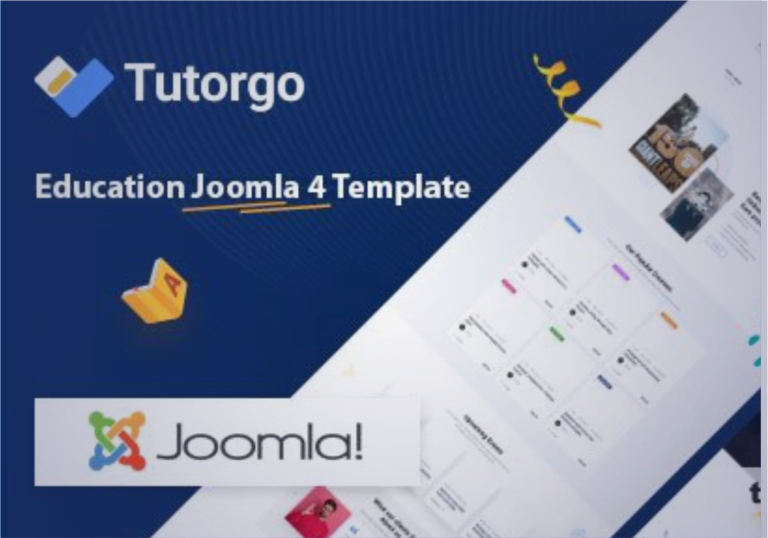Long Distance Degree In The United State
Online learning has grown in popularity and accessibility as a means of obtaining a degree. Students from all over the world may now obtain a U.S. degree without ever stepping foot in the country because to technological improvements and the increasing acceptability of online learning.
With a focus on important topics including selecting the best program, comprehending accreditation, submitting an application for admission, figuring out financial aid, and efficiently organizing your coursework, this book will help you earn a long-distance degree in the United States.
What is a Long Distance Degree ?
A Long Distance Degree, sometimes known as an online degree, is an educational program that allows students to complete their degree largely or totally through online courses. This form of learning allows students to study from any location, reducing the requirement to be physically present on a certain campus.
Long distance education, commonly known as online education, is a technique of learning in which most, if not all, of the coursework is completed online. This style of education lets students to access lectures, assignments, and materials over the internet, allowing them to study from anywhere. This flexibility is especially useful for working professionals, overseas students, and those with other responsibilities. Here’s a thorough examination of what makes up a long distance degree:

Identifying Your Goals
It’s critical to decide on your academic and professional objectives before starting your long distance degree quest. What do you want to accomplish with this degree? Do you want to pursue academic research, make a career change, or progress in your existing position? You may select the programs that most closely match your goals by being aware of your objectives.
Researching Institutions and Programs
When looking at possible programs, take into account things like the faculty’s credentials, the program’s quality, the institution’s reputation, and the resources that are accessible. Seek for courses that offer robust online student support services, such as technical assistance, career services, tutoring, and library access.
Understanding Program Formats
Online courses are offered in two formats: asynchronous (self-paced, pre-recorded lessons) and synchronous (live, real-time classrooms). Internships or periodic on-campus residences may be required for some programs. Choose the option that works best for your schedule and learning style.
Accreditation
An important consideration when selecting a long-distance degree program is accreditation. It guarantees that the educational institution satisfies a set of quality requirements and that employers and other educational institutions will accept the degree. A degree from an unaccredited school could not be worth as much, which could limit your options for a profession and further study.
Regional and national accreditation are the two primary categories in the US. Institutions that comply with stringent academic criteria are awarded regional accreditation, which is typically seen as more prestigious. Vocational, technical, or career-oriented schools are generally linked to national accreditation. Make sure the program you select has been approved by a reputable accrediting body.

Admission Requirements
Admission criteria vary per college and may include a filled-out application, official transcripts, reference letters, a statement of purpose, and results from standardized tests (SAT, ACT, GRE, etc.). A portfolio or job experience may also be necessary for some programs.
Assemble the necessary paperwork and data first. Make sure you submit your application well in advance and keep a careful eye on the deadlines. Distance learners might find the procedure more straightforward since many colleges provide online applications.
You get the chance to highlight your objectives, experiences, and motivations in your personal statement. Make sure your statement is precise and succinct, and that it reflects how the program fits with your goals. Obtain recommendation letters from people who can vouch for your qualifications in the workplace or in the classroom.
Financial Aid and Scholarships
Online students can apply for financial help in the same way that on-campus students can. Federal and state grants, loans, and work-study programs are among the available options. To find out if you qualify for any kind of financial help, start by completing the Free Application for Federal Student help (FAFSA).
Scholarships and awards tailored for online learners are provided by several organizations and institutes. Look into and submit as many scholarship applications as you can. Search for scholarships according to your topic of study, academic standing, financial need, and demographics.
Check to see if your company provides tuition help or reimbursement programs if you are presently employed. Many employers offer financial assistance to staff members who want to continue their education, particularly if the degree is related to their position.
Technical Requirements
Make sure you have the gear needed to engage in online learning. Usually, this entails having a dependable computer, a fast internet connection, and the necessary software (word processing apps, online meeting platforms, etc.). Consult your university about any special technological prerequisites for any programs you may be interested in.

Time Management Skills
For online learners, time management skills are essential. Make a study plan that takes into account your other obligations in addition to your schooling. To keep organized and focused, make use of tools like calendars, to-do lists, and productivity applications.
High levels of discipline and self-motivation are necessary for online learning. Set regular study hours and create a location just for studying that is free from distractions. Maintain your interest in the course subject by contributing to conversations, turning in assignments on time, and asking for assistance when you need it.
Conclusion
A long distance degree program in the US is a fulfilling pursuit that provides students all over the world with flexibility and accessibility. You may accomplish your academic and professional objectives by choosing a program that is accredited with care, organizing your schedule wisely, and making use of the resources that are accessible.
A long distance degree can lead to new chances and success whether your goal is to change occupations, develop in your existing sector, or seek lifelong learning. A flexible, easily accessible, and increasingly reputable route to higher education is provided by a long-distance degree.
Students from all around the world may use technology to reach their academic and professional objectives without being limited by timetables or geography. In today’s fast-paced and globally connected world, a long distance degree can offer the knowledge and credentials required for success, regardless of your background or if you’re just looking for new prospects.
































































